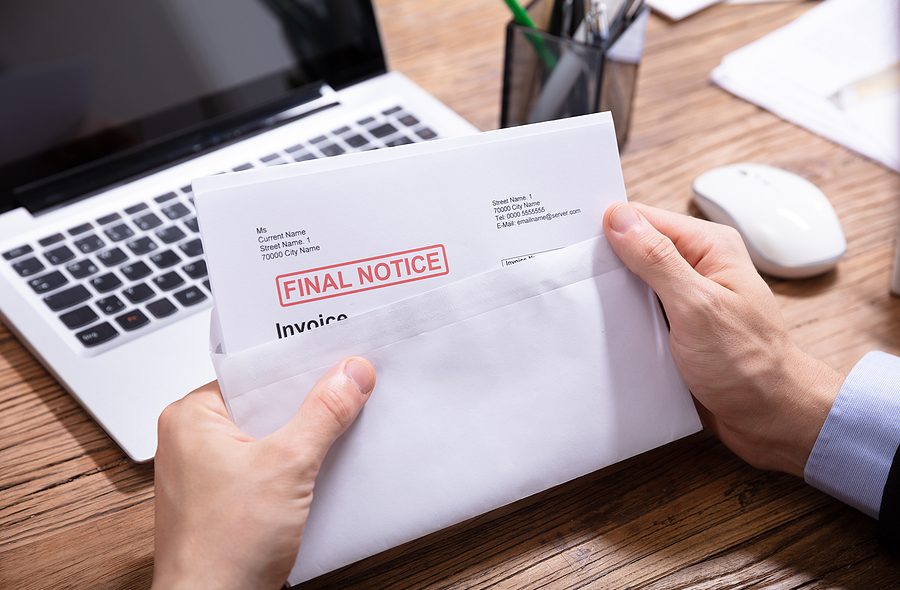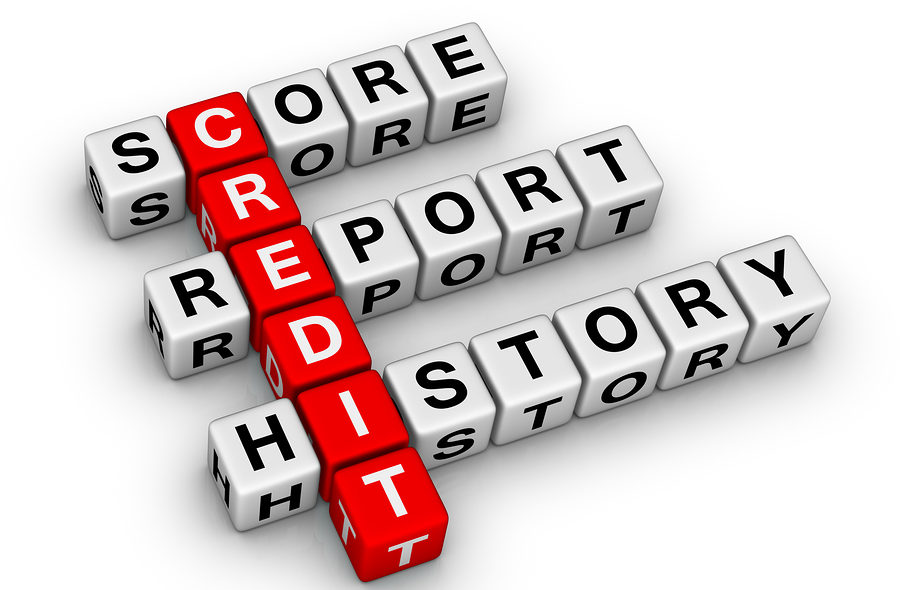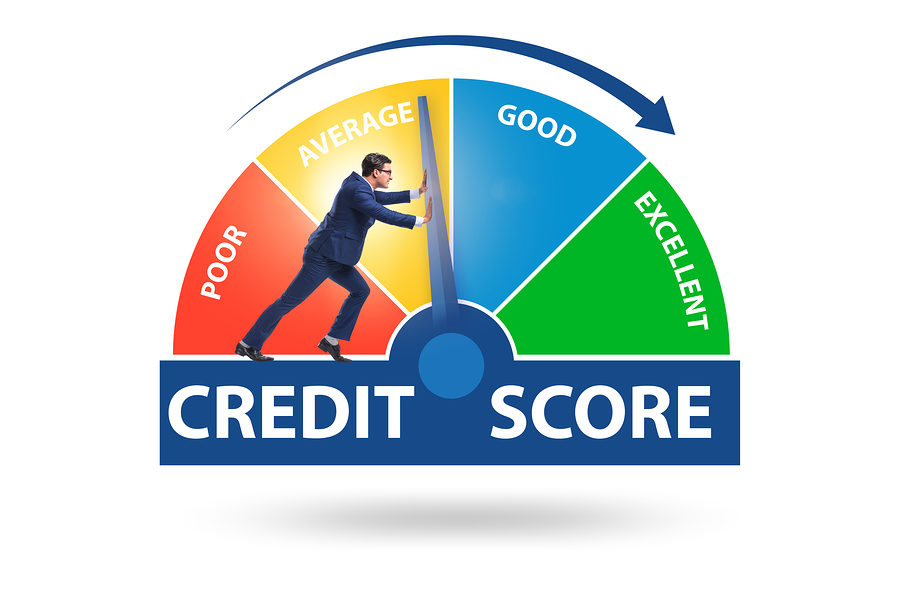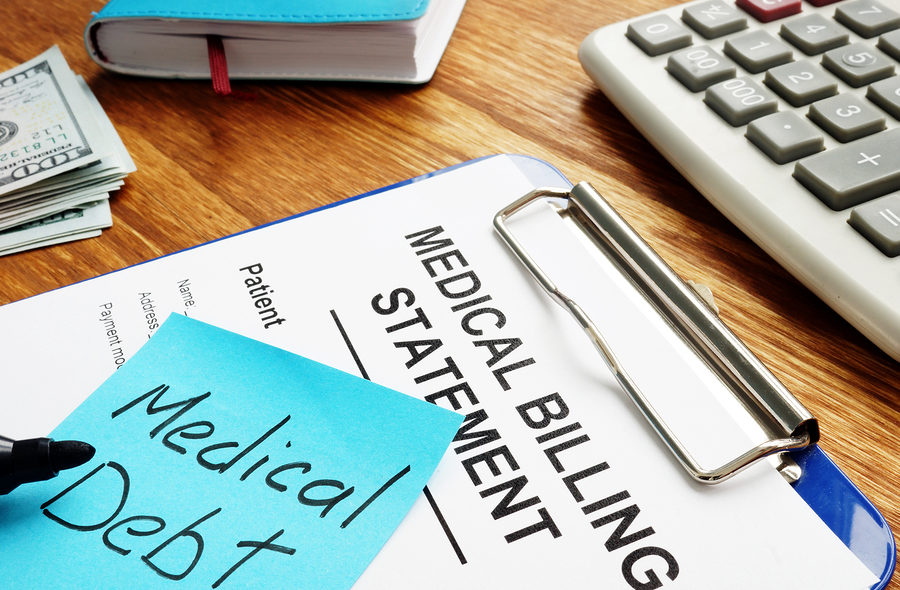At Kingcade Garcia McMaken, our No. 1 piece of advice to those struggling with debt is to be honest with creditors. If you are unable to make a payment, do not make a promise to pay and never provide a creditor with your debit card or bank account information.
In our latest blog, we have some tips for negotiating with creditors.
- Keep Your Story Straight and Stick to the Facts
One important fact to keep in mind is that the person on the other end of the phone line is not your friend. Many individuals will try to get them to understand the personal details of how they got into their situation. It is important to tell the creditor or debt collector that you are going through a financial hardship and are working to get back on track. Keep to the facts and be honest with creditors. If you are unable to pay, tell them that.
- Take Notes of Your Conversation
Whenever you speak with a creditor or debt collector, take notes of what is discussed. Be sure to write down the name of the person on the other end of the line, the time of day and date when the discussion occurred, write down what was discussed, and any statements made from the collector. This information may be needed later if the creditor or debt collector disputes the conversation.
- Ask Questions
Never take what a debt collector or creditor says as the gospel truth, believing everything that is said. Many times, creditors or collectors will say just about anything to get someone scared enough to pay on the debt. Under the Fair Debt Collection Practices Act (FDCPA), you have rights as a consumer.
- Do Not Argue
While asking questions can be a good thing, it is important to remain calm when talking to the creditor or collector. Losing your temper is never productive. Collectors are skilled at pushing a person’s buttons to get them to react, but it is important that you not let them push you too far. If you get to the point where you feel like you will lose your cool, the best thing to do is tell the collector you will be ending the call, hang up and return to the conversation later.
- Save All Written Communications
It is likely that creditors or debt collectors will communicate via U.S. mail, in addition to telephone communication. It is imperative that all correspondence be opened and not ignored. Keep track of any mail received from the creditors and save it in a file for later use.
- Be Aware of Your Budget
Before making any plan with a creditor or collector, make sure that a budget is prepared, outlining just how much money could go towards paying that specific debt. The last thing a person wants to do is agree to a payment plan or a set amount only to find out later that the amount that was agreed-upon is not actually realistic. Do this before opening any lines of negotiation with creditors.
- Try to Negotiate Directly with the Creditors
If it is at all possible, try to work out a payment agreement with the creditor first before the matter is turned over to collections. After that point, you will be forced to deal directly with the debt collector and not the original creditor. Once the account is sent to collections, your credit score will take a significant hit, and that drop in your credit score can be even worse the longer the account stays in collections.
- Get Any Agreement in Writing
When negotiating on the debt, whenever an agreement is reached, it is important that the agreement be memorialized in writing. This rule applies to a payment plan or an agreed debt settlement. Before any money changes hands, get the agreement in writing first. Otherwise, if the collector changes the terms of what was originally discussed, it ends up being a matter of your word against theirs.
- Seek Assistance If Necessary
Negotiating with collectors or creditors is not easy by any means. Many times, it helps to call in the professionals to do the negotiations for you. Credit counseling agencies can help you work out an agreement with your creditors or with collectors, but it is important that you do your research first before choosing a credit counselor. Additionally, if a collector is being particularly persistent, it can help to seek the assistance of a bankruptcy attorney in fielding these calls and working out agreements on the amount owed.
- Determine if the Debt Should Be Paid
If the person is struggling to pay on multiple unsecured debts, including credit cards, personal loans and medical debt, bankruptcy may be the best option for that person in the end. It never pays to leave the debt unpaid for too long. Once the debt goes into collection and even further into a judgment, that person’s wages can be garnished to pay the debt. Having a debt go into collections can adversely affect a person’s credit score. If the end result will be that the person files for bankruptcy, it may be advisable to talk with a bankruptcy attorney before entering into any payment plan and discussing which option would be best in the long run for that person.
If you have questions on this topic or are in financial crisis and considering filing for bankruptcy, contact an experienced Miami bankruptcy attorney who can advise you of all of your options. As an experienced CPA as well as a proven bankruptcy lawyer, Timothy Kingcade knows how to help clients take full advantage of the bankruptcy laws to protect their assets and get successful results. Since 1996 Kingcade Garcia McMaken has been helping people from all walks of life build a better tomorrow. Our attorneys’ help thousands of people every year take advantage of their rights under bankruptcy protection to restart, rebuild and recover. The day you hire our firm, we will contact your creditors to stop the harassment. You can also find useful consumer information on the Kingcade Garcia McMaken website at www.miamibankruptcy.com.
Source:
https://www.credit.com/debt/ten-tips-for-negotiating-with-creditors/





